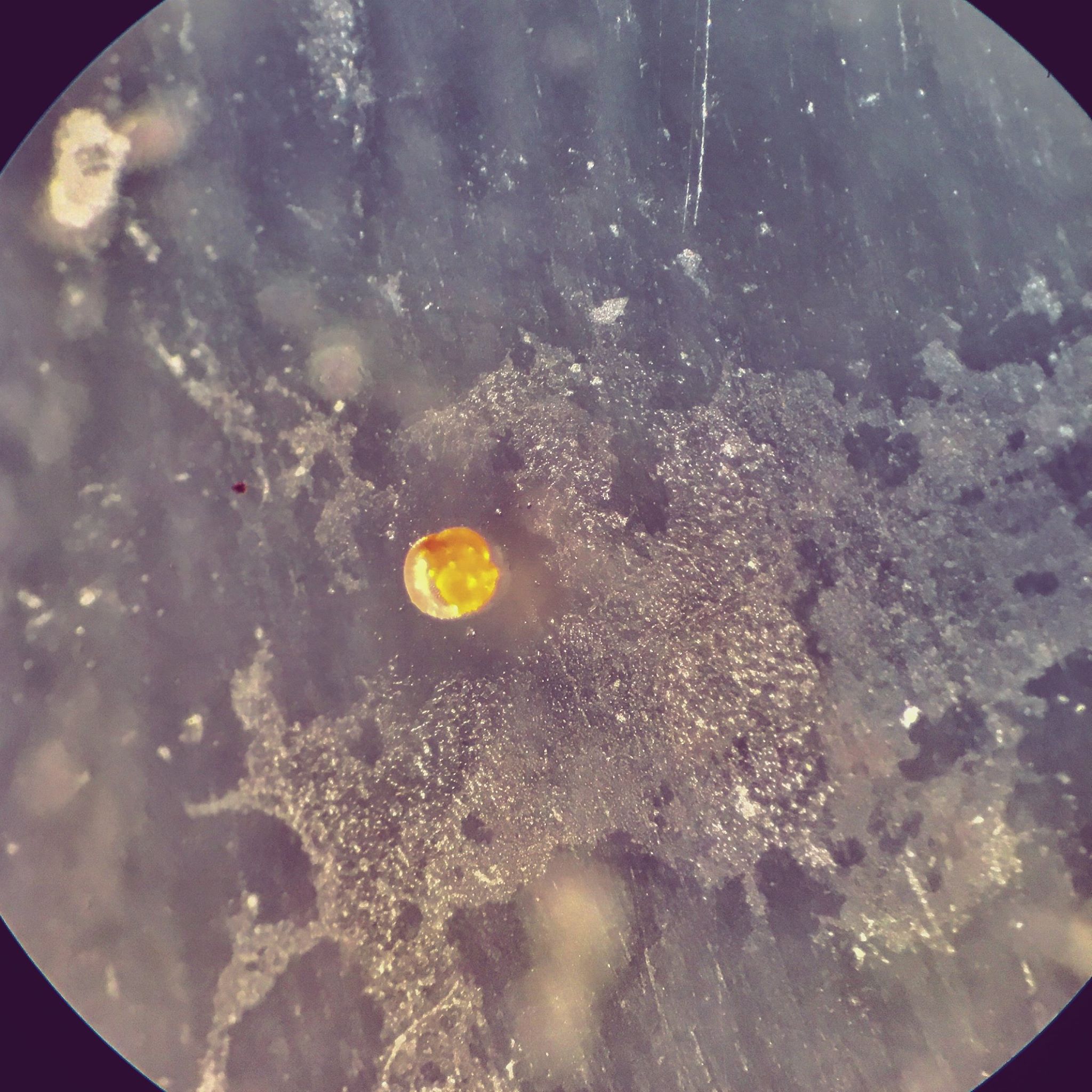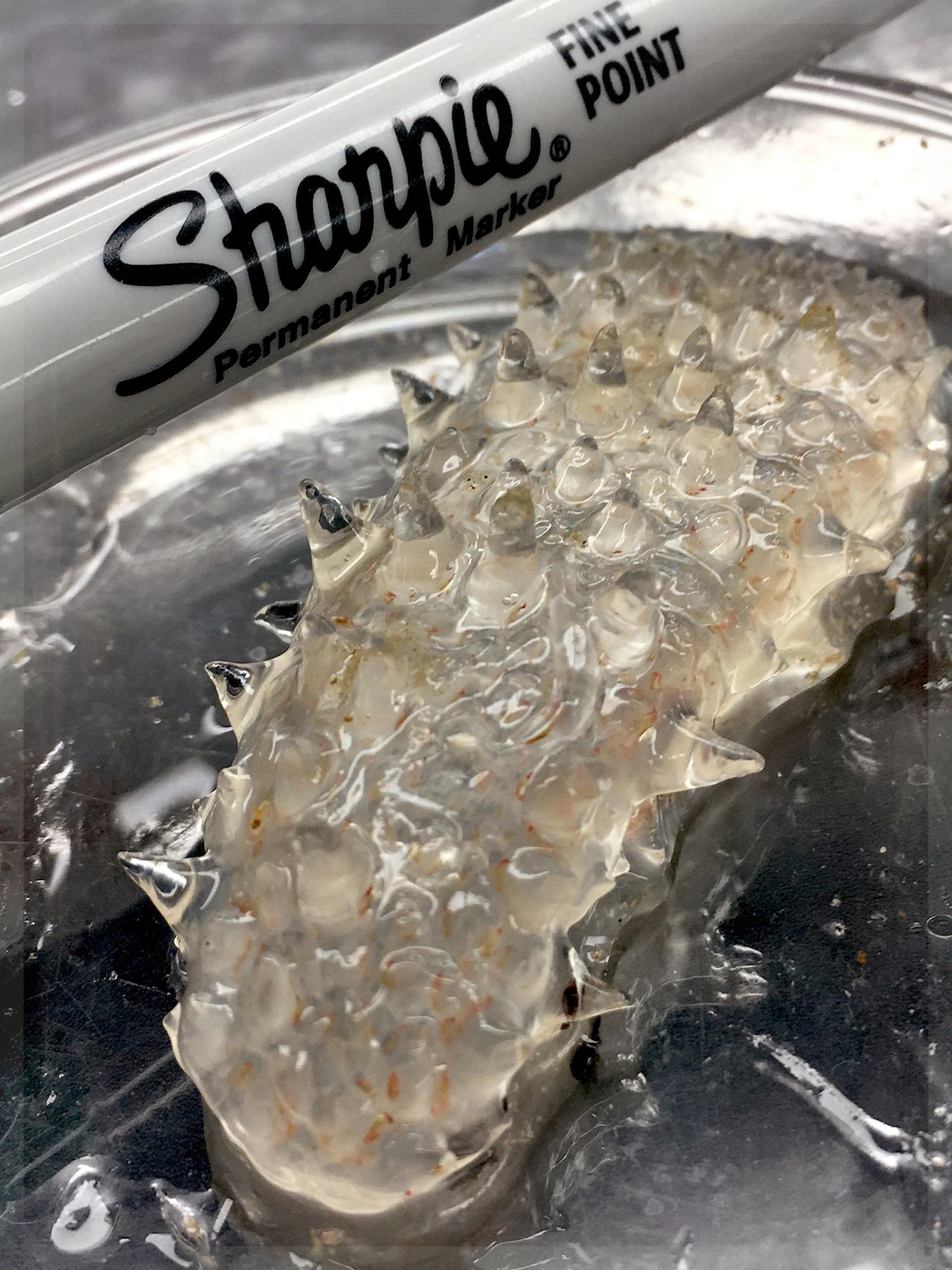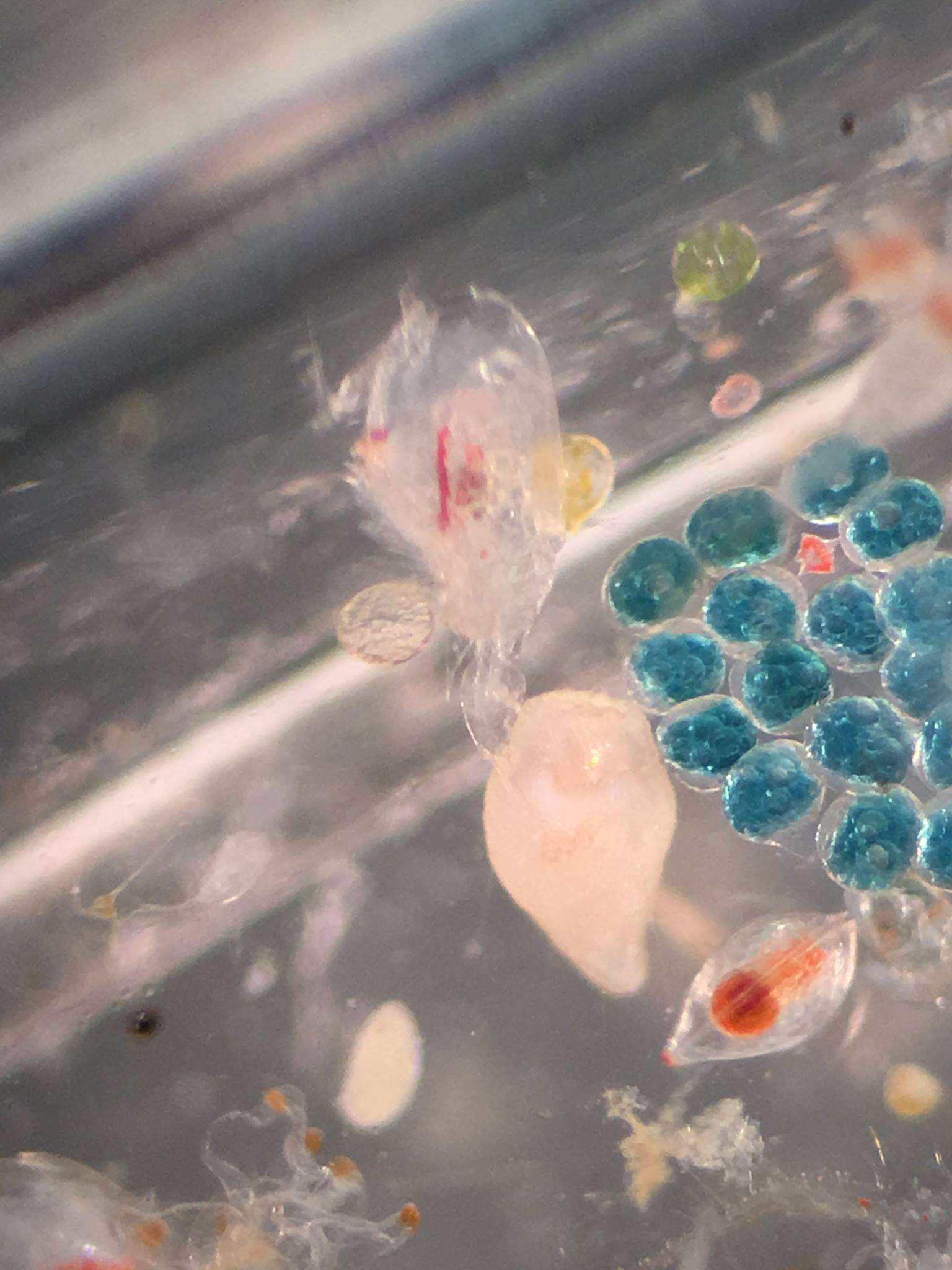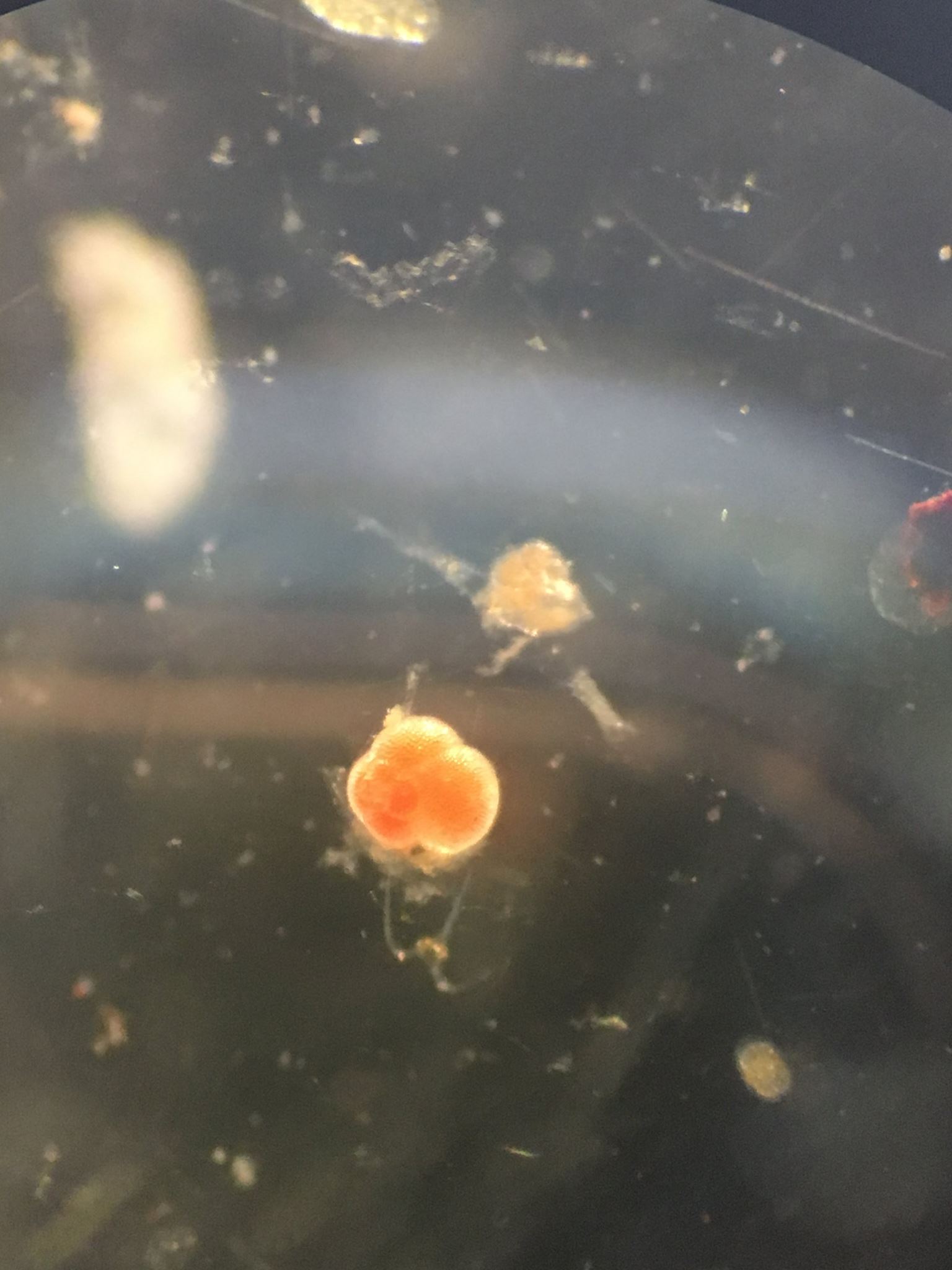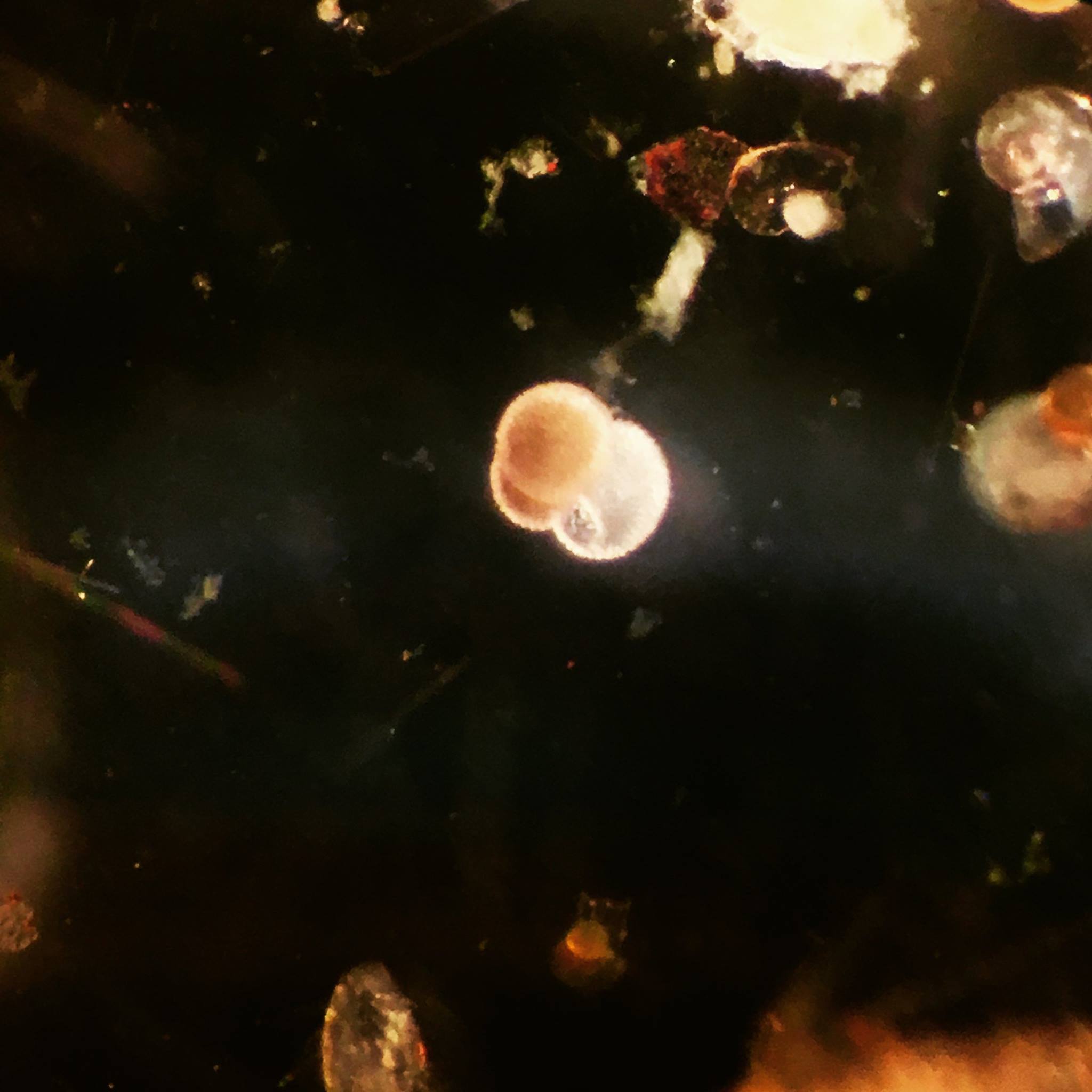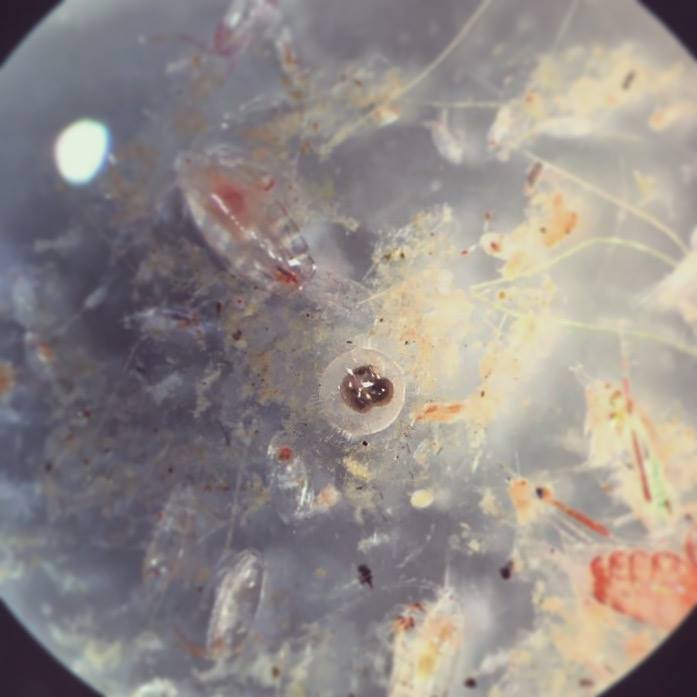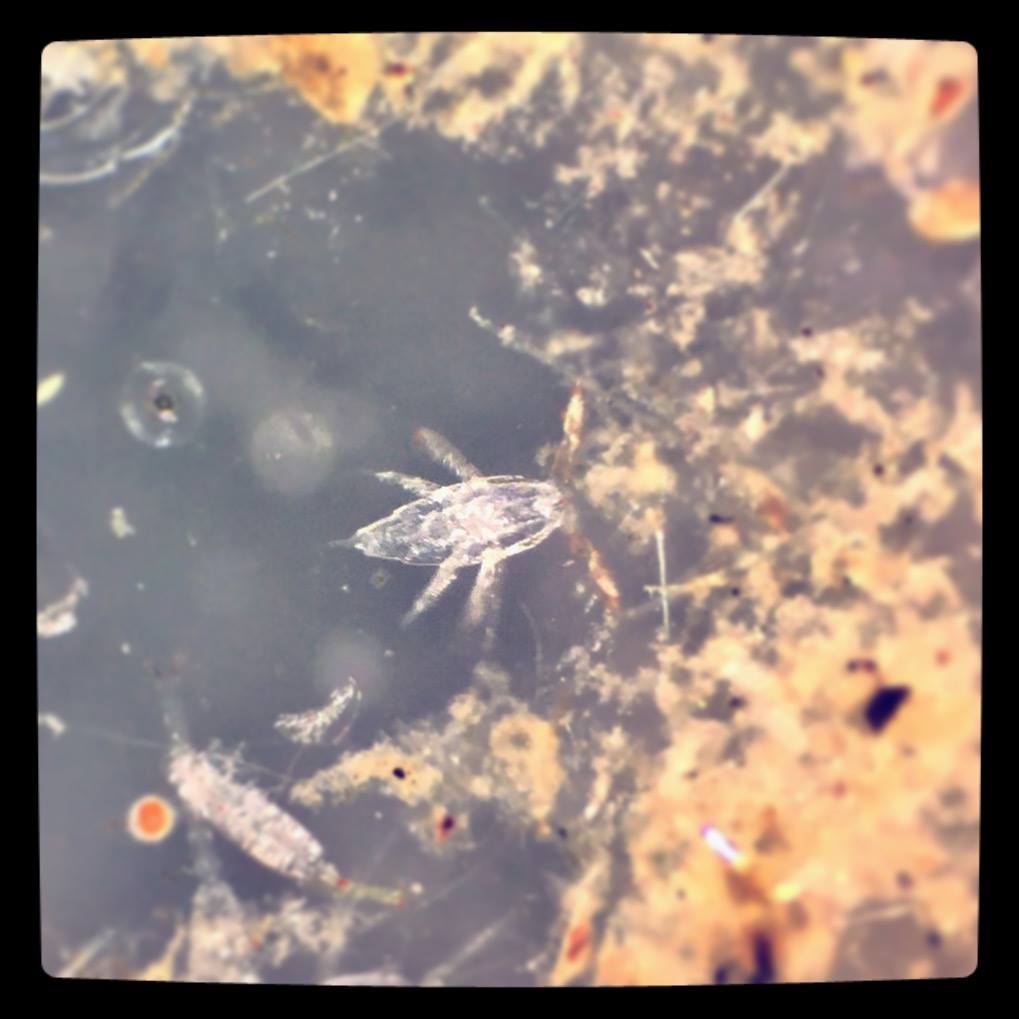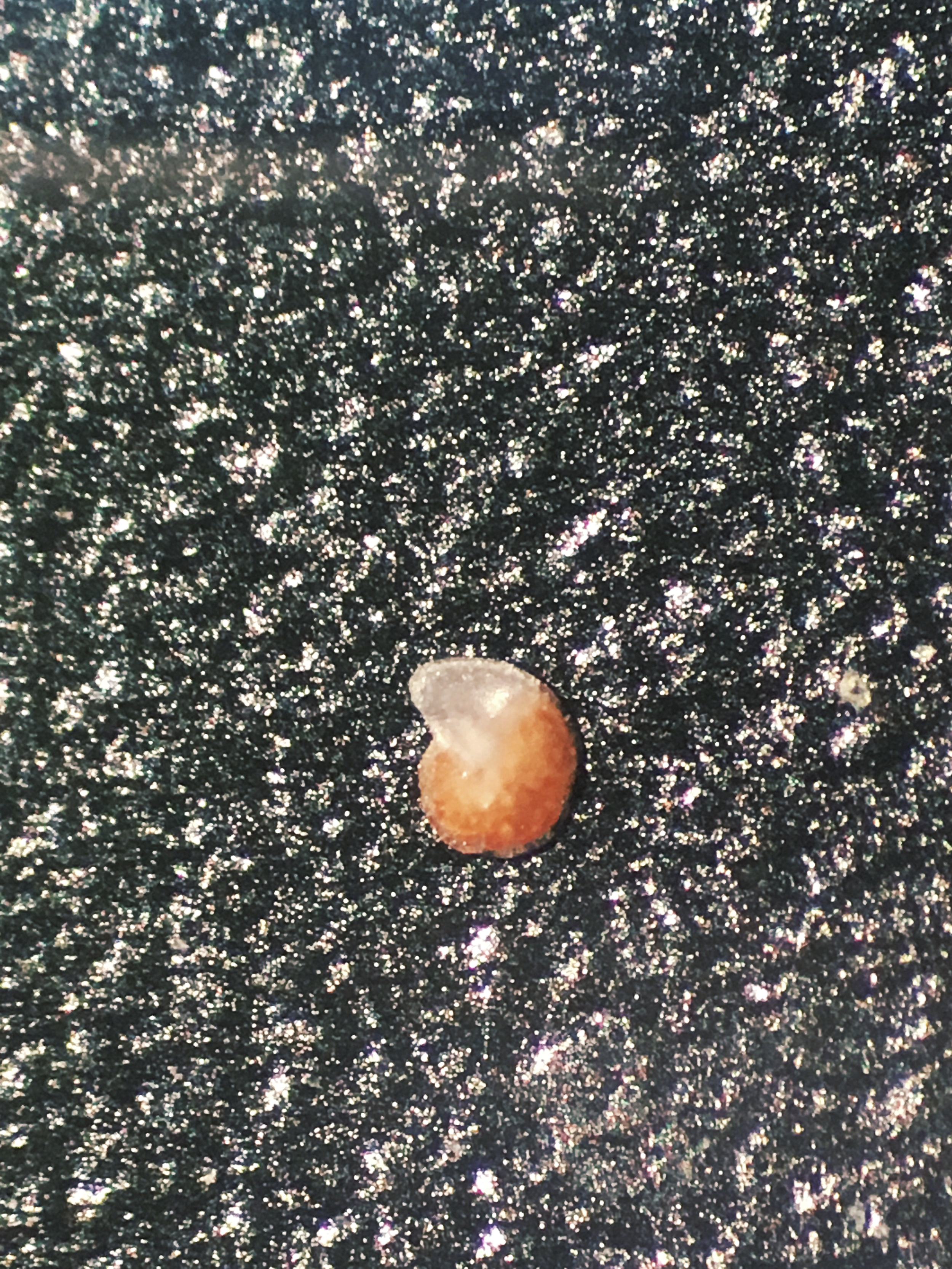Sediment Traps and Plankton Tows
Better late than never I suppose, but I wanted to document our short research cruise aboard the R/V Point Sur that happened early last month. It was another routine sediment trap operation, but this one really stood out because we happened to see some really cool critters at sea!
As usual, the northern Gulf of Mexico sediment trap crew (Eric Tappa from the University of South Carolina, Julie Richey and Caitlin Reynolds from the USGS, myself, and another helping hand from Michael Lis, an undergraduate student from UT Austin working with me) made our way down to LUMCON at Cocodrie, Louisiana and boarded the R/V Pelican to start our transit to the sediment trap mooring site. However, things did not go as planned (as is common in the field) and our overnight transit was halted short, as we had already turned back towards port after leaving it only some hours before! It turned out that there were some serious engine problems on the ship which entailed something we could not afford - delays. Luckily, as we were sulking around LUMCON taking an in-depth look at their impressive library, the R/V Point Sur came to our rescue and their crew graciously agreed to charter our operation.
This time, apart from sediment trap redeployment operations, we had an additional exciting task: using the plankton tow. A plankton tow is a vital tool used to sample plankton that floats freely in the surface ocean. It is, in essence, a giant net with a fine mesh that we can trawl around and look at what comes up. We intended to sample some plankton at the sediment trap site. In any case, here’s a picture collage of some of the amazing creatures we were lucky enough to catch in our plankton tow:
I'm really excited about the upcoming science from this research trip. Hopefully, we can find some interesting results! Until my next voyage, I will certainly miss being out at sea!


